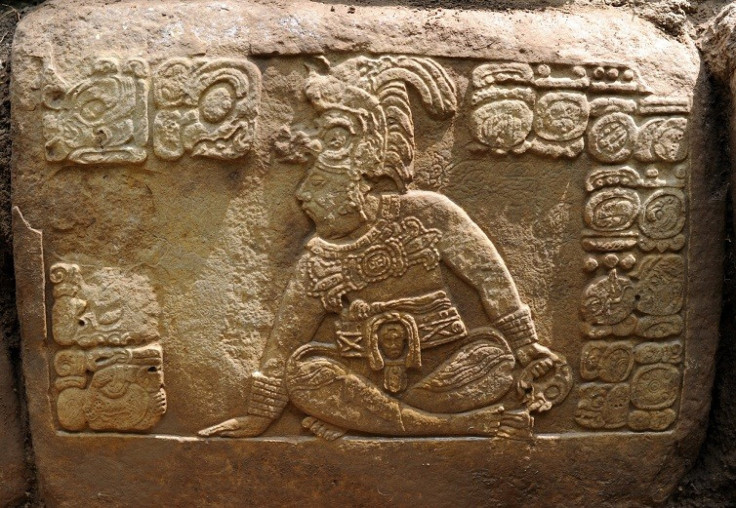Is The Mayan Apocalypse 2012 Prophecy True? Scientists Explain Supposed World Ending Prediction

News media may be enjoying the hype around the looming Mayan apocalypse, but scholars, scientists and an increasing amount of the public are trying to debunk the idea that the world will end on Dec. 21, 2012.
The ancient Maya of southern Mexico and Central America built a civilization that students will probably learn about until middle school ceases to exist. They excelled in architecture, writing, astronomy and adaptability, but never seemed to have much luck with predictions.
Earlier this year scientists reported evidence that the puzzling collapse of the classic period Mayan civilization -- the people are still there, by the way -- was caused by a drought. The environmental disaster was man-made, caused by deforestation that made water scarce. Some say the Mayas' inability to forestall their own demise should bring into question the civilization's credibility on the apocalypse.
Credibility doesn’t apply to the supposed prediction, though, according to what scientists told ABC News. Doomsday conspiracy theorists started the countdown when a tablet was found in the 1960s claiming 12/21/12 will be the end of the “thirteenth period” of the Maya calendar.
What’s conveniently forgotten in talk of the supposed end of days is that the Mayan “periods” have come and gone before. Put into the perspective of present day, the periods are long stretches of time comparable to years or decades in today’s calendars.
National Geographic likened the end of the thirteenth period to the finale of a “long count calendar.”
“The Maya are viewed by many Westerners as exotic folks that were supposed to have had some special, secret knowledge,” scholar Sven Gronemeyer told ABC. “Human beings seem to be attracted by apocalyptic ideas and always assume the worst.”
Doomsday bloggers cite planetary shifts, a rogue meteor headed straight for earth, solar outburts raising up the fires of hell, and just about every other piece of “evidence” they can think of. None of which is good enough to convince the experts.
Neil deGrasse Tyson, director of the Hayden Planetarium at the New York Muuem of Natural History and perhaps the most famous astronomer living, put it best when he tweeted: “End of the world prophecies for 2012 are hoaxes perpetrated by the scientifically illiterate on the scientifically uninformed.”
© Copyright IBTimes 2024. All rights reserved.





















